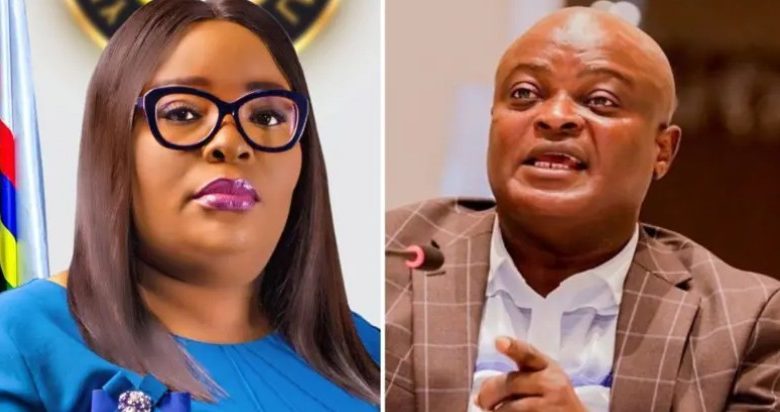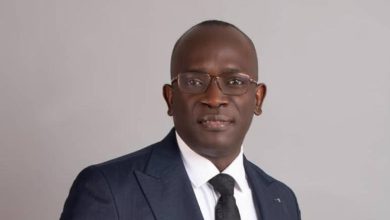Obasa’s Comeback Triggers Widespread Backlash

The reinstatement of Mudashiru Jayi Obasa as Speaker of the Lagos State House of Assembly on March 3, 2025, has sparked a great deal of public indignation and rekindled discussions about political influence, corruption, and the integrity of legislative institutions in Nigeria’s commercial city.
On January 13, 2025, 36 out of 40 lawmakers voted to remove Obasa due to accusations of financial wrongdoing, misuse of positions of power, and gross mismanagement. This result represents a remarkable reversal of that decision. Many people viewed his dismissal as a daring move towards responsibility. But less than two months later, the embattled Speaker unexpectedly returned after a series of behind-closed-door talks, casting doubt on the Assembly’s independence and the power of outside political forces.
Obasa was impeached in January due to accusations of corruption and tyranny, according to information obtained by The Times of Abuja.
According to reports, lawmakers had become dissatisfied with his leadership style, which was marked by financial scandals and accusations of misappropriation of public funds. Many people celebrated his removal as an exceptional instance of accountability in Lagos State politics.
In his place, Mojisola Meranda was sworn in as Speaker, making history as the first female to hold the position. However, her tenure was short-lived. On 3 March 2025, during a special plenary session, she tendered her resignation, stating, “This is a notice of resignation as Speaker of the Lagos State House of Assembly.” All principal officers appointed alongside her also stepped down, clearing the path for Obasa’s reinstatement.
The Times of Abuja reported that high-level political discussions involving important members of the Lagos State All Progressives Congress (APC), such as the Attorney General Lawal Pedro and the party’s state chairman Cornelius Ojelabi, made Obasa’s return possible. Others involved in the reconciliation process are prominent All Progressives Congress chieftains, which include the former governors of Osun, Ogun, and Lagos states Bisi Akande, Segun Osoba, and Akinwunmi Ambode, respectively, stepped in at President Bola Tinubu’s request in an attempt to address the leadership problem.
The leadership shift was mediated in large part by a pivotal meeting that took place beneath a tent inside the Assembly premises before the plenary.
ALSO READ: Fuel Subsidy Debt: FG, NNPCL Strategize on N7.7tn Payment
Concerned Lagos residents and civil society organisations have harshly criticised the reinstatement. Deeply disappointed, the De Renaissance Patriots Foundation, a sociocultural organisation of natives of Lagos State, called the Assembly’s actions “a show of shame.”
In a Monday statement released by its Media Office, the organisation chastised the lawmakers, saying:
“The Lagos State House of Assembly is an amusement park that will go down in history as a monument of shame. Waterloo awaits the occupants. History will repeat itself.”
The group further accused the lawmakers and the state governor of failing to assert their independence against powerful political influences, saying:
“The Governor and House members lost the best opportunity to assert their powers and free themselves from the shackles of the Emperor of Bourdillon.”
This is not the first time the group has voiced concerns over the Assembly’s leadership. Following Obasa’s impeachment in January, Major General Tajudeen Olanrewaju (retd), former Minister of Communications and Alternate Chairman of the Board of Trustees for De Renaissance Patriots, described Obasa’s removal as “the law of karma in action.”
“Every action generates a force of energy that returns to us in like kind,” Olanrewaju stated, implying that the former Speaker’s impeachment was a consequence of his governance style.
Obasa’s return has heightened worries about the Lagos State House of Assembly’s independence, according to the Times of Abuja. It is now believed that several lawmakers who had originally backed his impeachment gave in to party pressure. The quickness at which he was reinstated, according to political commentators, indicates that the impeachment process was never really free from outside interference.





